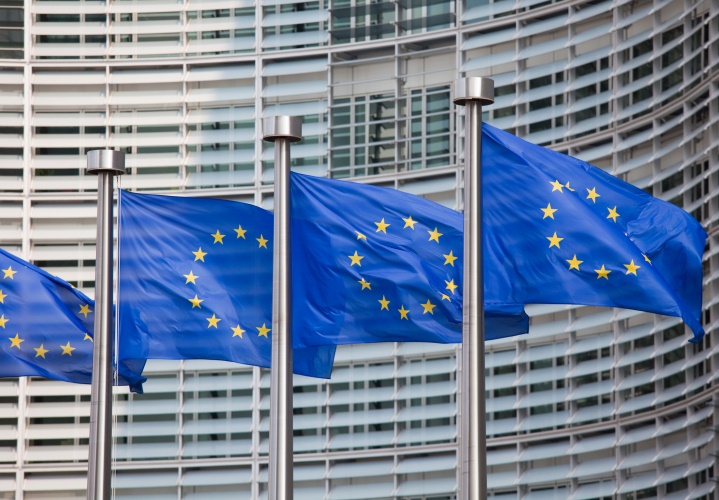We reported last month on the guidance for MA holders which was issued by the European Commission and the European Medicines Agency (“EMA”) (see our note Location, Location, Location….).
This month we focus on the location of the EMA itself; it is currently in London but the European Council has made it clear that from its perspective, the EMA has to move. In addition this month saw representatives of both the UK and the EU Life Sciences industry lobbying the Brexit negotiators in an attempt to ensure a high profile for Life Sciences during the Brexit talks.
The European Position
The message from the European Council is that as the United Kingdom intends to leave the Union, it is necessary to move both the EMA and the European Banking Authority (EBA) out of London. At a European Council meeting on 22 June 2017, the EU-27 agreed on the procedure and criteria for deciding the relocation of the London-based EMA as well as the EBA, as follows:
Procedure | Criteria |
There are four stages as follows: 1) EU Member States submit their offers to host the EMA and/or the EBA by 31 July 2017 and these will be published on the European Council website. 2) The Commission will assess the offers, using the criteria, by 30 September 2017. 3) In October 2017, it will be discussed at the General Affairs Council where member states can present their case for hosting the agencies. Importantly, the same Member State cannot host both agencies. 4) In mid-November 2017, there will be successive rounds of voting at the General Affairs Council.
| The criteria include:
|
The UK position
The UK’s formal position on location, or indeed continued membership, of the EMA has not yet been formally stated although on 4 July 2017, UK Health Secretary Jeremy Hunt and UK Business Secretary Greg Clark penned a letter in the Financial Times stating that the UK is fully committed to continuing the close working relationship with its European partners. Previously, both Prime Minister Mrs May and Mr Hunt had commented that the UK saw any ceding of jurisdiction to the European Court of Justice as a red line in negotiations, which ruled out the UK remaining a member of the EMA. There was no reference to this in Mr Hunt and Mr Clark’s letter, which some commentators took to be a softening of that position.
In response to the EC and EMA guidance for MA holders which we reported on in Location, Location, Location…. the MHRA has stated that whilst it is aware of it “until the exit negotiations are concluded, the UK remains a full member of the EU and all the rights and obligations of EU membership remain in force..”. The MHRA also repeated its commitment to safeguarding an uninterrupted level of public health protection whatever the outcome of the Brexit negotiations.
The Life Sciences Industry position - a united front across the UK and Europe
Regardless of whether there is a genuine open-mindedness in the UK Government towards continued EMA membership, the EU’s procedural guidelines suggest that the EU, at least, is adamant that the UK will no longer be part of the EMA and the EMA will be relocating from London post-Brexit. In response, on 13 July 2017 the Chief Executive of the ABPI and other leaders from both the UK and European pharmaceutical and life science industry bodies wrote a joint letter to the UK and EU negotiating teams (headed by David Davis and Michel Barnier respectively), indicating the collaborative approach which the industry wishes to adopt. A list of the signatories appears below to show the range of support for the cause.
The aim of the letter was to underline the importance of securing ongoing cooperation between the UK and the EU on medicines, such cooperation being in the best interest of public health and patient safety. It highlighted the risks of goods being held at border checks and the importance of having the time for an implementation period to allow pharmaceutical and biotech companies to transition to a new framework so that unintended consequences on the (un)availability of medicines on which patients rely can be avoided.
The signatories to the letter were as follows:
- Director General of the Association of the European Self-Medication Industry
- Director General of the European Federation of Pharmaceutical Industries and Associations
- Secretary General at EuropaBio
- Director General at Medicines for Europe
- Chief Executive of the ABPI
- Director General of British Generic Manufacturers Association
- CEO of BIA
- Chief Executive of The Proprietary Association of Great Britain.
We will continue to monitor any progress on any Life Sciences related Brexit news.

 Catherine Penny
Catherine Penny